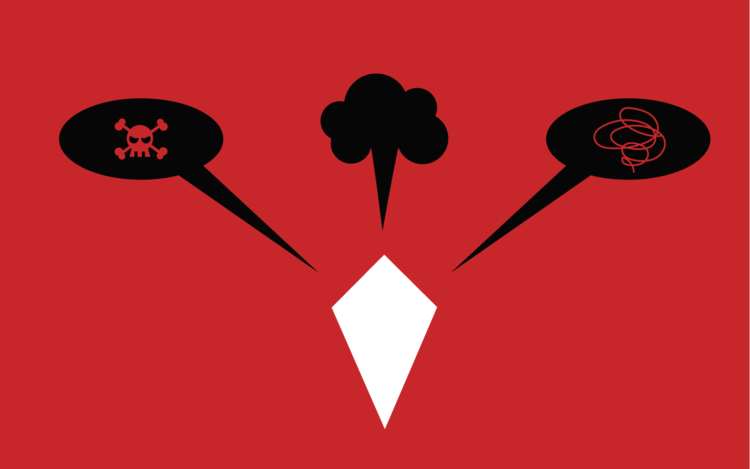The first thing you should realize, when your child has temper tantrums, is that it happens in all the families. When we react too much in order to show that we have control over the situation, things get worse. The best thing you can do is to remain calm, to keep the child from hitting him-/herself or others and to help him/her learn gradually to control his/her reactions properly.

- First of all, it is good to remember that all the feelings are acceptable. But actions shall be restricted.
- Set limits. Accepting feelings does not mean that destructive or harmful actions are also allowed, such as, for example, hitting, kicking, throwing or breaking things. Children shall never hit other people, not even their parents. However, when children hit their parents, they basically ask to set limits in order to help them restrain their anger. You can say to your child: “You can be angry, but you cannot hit anyone”.
- Do not extend dialogue afterwards. You do not need to explain anything to the child when he/she is angry. Prohibiting actions is already a very important step, but it is enough at this moment. “Mother will stay here silently until you calm down” or, as we have already said above, “You can be angry, but you cannot hit anyone”.
- Remember that sensitive children need your love more at such moments. Although many children do not want us to approach them, you could stay in the same place. Instead of leaving the child alone with these strong and frightening emotions, stay near, without trying to embrace if he/she does not want it. In this way he/she will feel less lonely and helpless. You will be surprised with the self-control children develop when you practice this systematically.
- Accept what happened, i.e. allow crying and sadness verbally and concretely, saying: “It is OK. Everybody wants to cry sometimes”. You can touch the child`s back to maintain contact. Again, if he/she turns you out-of-doors, step a little away, but remain in the same place, saying that you will not leave him/her alone with these strong emotions, “with this very intense crying”.
- Remain calm. Shouting at the angry child, you intensify his/her feelings and make things worse. Your task is to restore calm, because only in this way children can learn and understand how to get better. If you have a habit of shouting at your child, he/she will adopt your behavior very early. He/she has to learn from you that anger and other feelings, which evoke it, are eventually not so terrible, as neither mother, nor father are afraid of them. Your presence will make the child feel secure, which will enable self-control development. Provide the child a way to manage anger at this moment. When he/she is angry, you can offer him/her to beat a pillow for a while or to draw an angry face.
- When your child is calm, you can make a list together containing constructive ways of emotional outlet and find photos of them to put them on the fridge (for example, find a picture of a kid holding a pillow or taking breaths and explain that from now on you will also try to do the same). You – parents – can also use it as an example when you are angry. It is most likely that your child will follow your example.
- Reward the child with pleasant words as he/she manages to control him-/herself. Also, when the outburst is over, the child has to understand that we start from the beginning and that whatever his/her initial request was, we do not have to satisfy it, otherwise the outburst will become a manipulation tool, i.e. the child will learn that this is a good way to get what he/she wants.
Do not forget that sooner or later the child will calm down and tranquility will come to your house. Such incidents are hard enough for those who experience them. However, when the incident is over, spend some time on thinking about what could have caused it. Regard it from his/her point of view. Maybe some changes happened in the child’s life lately? Maybe his/her timetable should have been reassessed?
